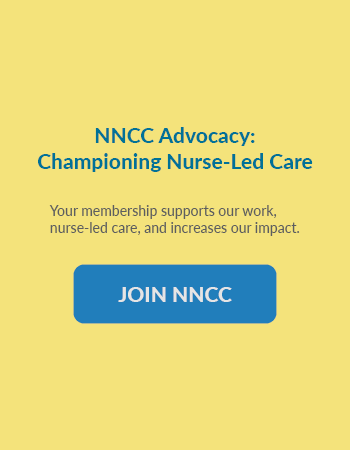NNCC supports increased access to direct financial assistance programs as a means of improving economic stability, including Temporary Assistance for Needy Families (TANF), unemployment benefits, an increased minimum wage, and new models of direct assistance. Current programs are not viable or adequately funded financial resources for pregnant and parenting families. In its current form, TANF fails to fulfill its mission of providing adequate assistance to families living in poverty and creates barriers to employment and subsidized childcare. TANF program reforms are necessary to meet the needs of vulnerable, under-resourced individuals and families.


